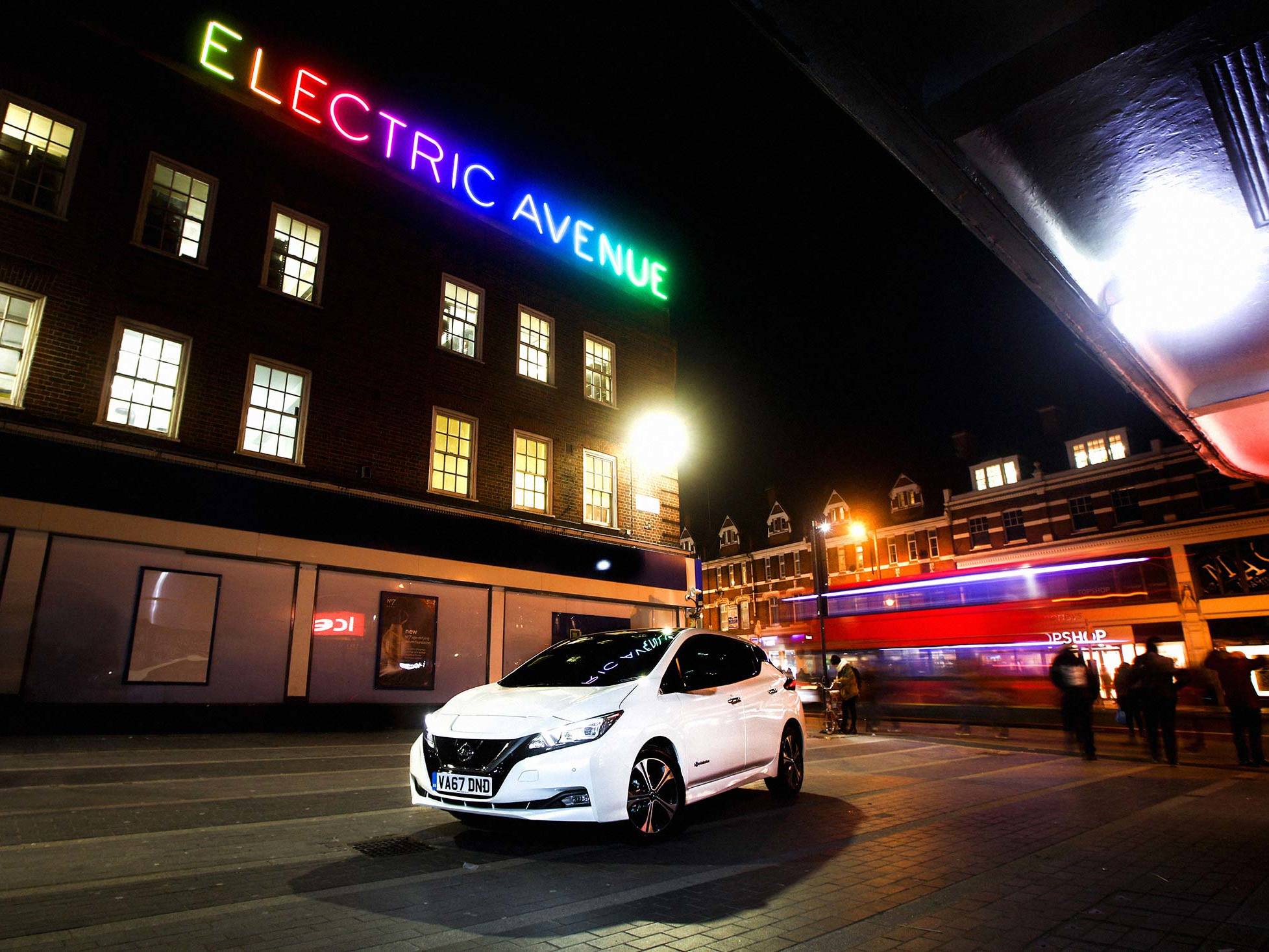Number of electric car charging points overtake petrol stations, research claims
Sales of pure electric vehicles are up by 70 per cent this year

Your support helps us to tell the story
From reproductive rights to climate change to Big Tech, The Independent is on the ground when the story is developing. Whether it's investigating the financials of Elon Musk's pro-Trump PAC or producing our latest documentary, 'The A Word', which shines a light on the American women fighting for reproductive rights, we know how important it is to parse out the facts from the messaging.
At such a critical moment in US history, we need reporters on the ground. Your donation allows us to keep sending journalists to speak to both sides of the story.
The Independent is trusted by Americans across the entire political spectrum. And unlike many other quality news outlets, we choose not to lock Americans out of our reporting and analysis with paywalls. We believe quality journalism should be available to everyone, paid for by those who can afford it.
Your support makes all the difference.Drivers now have more public places to charge electric cars than they do to fill up with petrol or diesel, Nissan has claimed in new research.
The car manufacturer said there were now 9,300 electric vehicle charging points across the UK compared to 8,400 fuel stations.
Sales of pure electric vehicles are up by 70 per cent this year as buyers take advantage of government grants and perks such a road tax exemption and, from 2020-21, no company car tax.
In less than a century since Britain’s first fuel station opened - at Aldermaston in Berkshire in November 1919 - the number of forecourts has peaked, declined and been overtaken by charging stations designed for battery-powered cars (EVs).
Almost 80 per cent of UK petrol stations have closed since 1970, while the number of electric vehicle charging locations has increased from a few hundred in 2011.
Some 1,600 of these locations provide rapid charging, taking a typical EV battery to 80 per cent charge in less than an hour.
Kalyana Sivagnanam, managing director of Nissan in the UK, said: “Many consumers are saying their next car will be electric. “We’ve moved beyond the early concerns of range anxiety with EVs now exceeding the vast majority of customer’s daily driving needs.
“The next challenge is for charging infrastructure to keep pace with the number of EVs on the road.”
According to Zap-Map, the charging point platform, two new rapid charge devices came online every day in the last month.
Almost all UK motorway service stations have charging stations installed, with the majority providing a rapid charge option.
The introduction of London's new ultra-low emission zone in April 2019 has led increasing numbers of motorists in the capital to seek zero-emission solutions for their commuter or commercial transport needs.
Transport for London has installed more than 1,000 EV charge points in the last year alone, yet supply of conventional fuel within the capital is becoming scarcer.
There are now just four petrol stations within the congestion charge zone – with nearly half as many per car as in the Scottish Highlands.
Transport secretary Grant Shapps has just announced plans to install more than 1,000 public charging points on residential streets.
In 2019, demand for battery electric vehicles is up by 70 per cent overall, with registrations in July up by 158.1 per cent alone, resulting in a 1.4 per cent market share – the highest monthly market share on record.
SWNS
Join our commenting forum
Join thought-provoking conversations, follow other Independent readers and see their replies
Comments